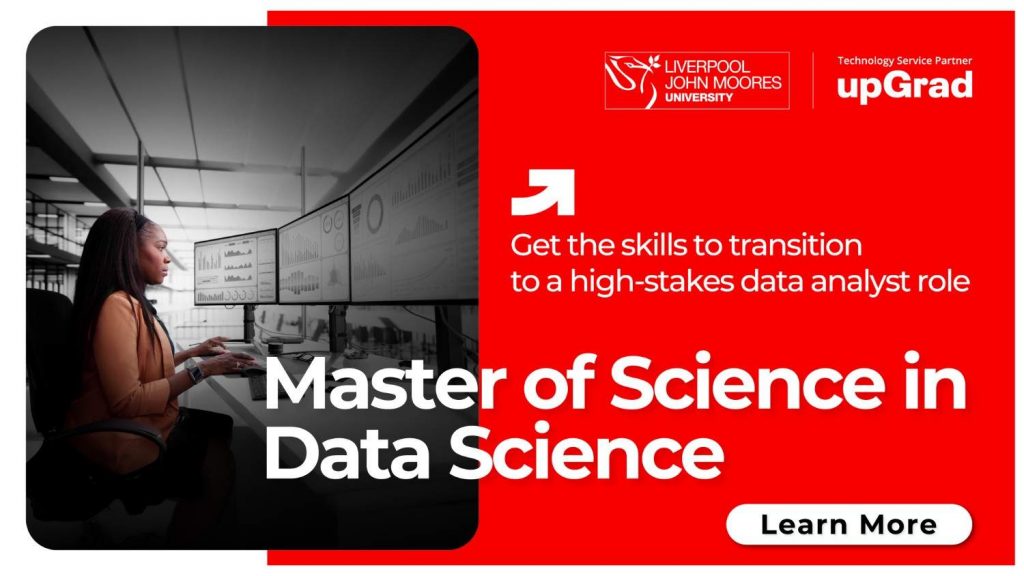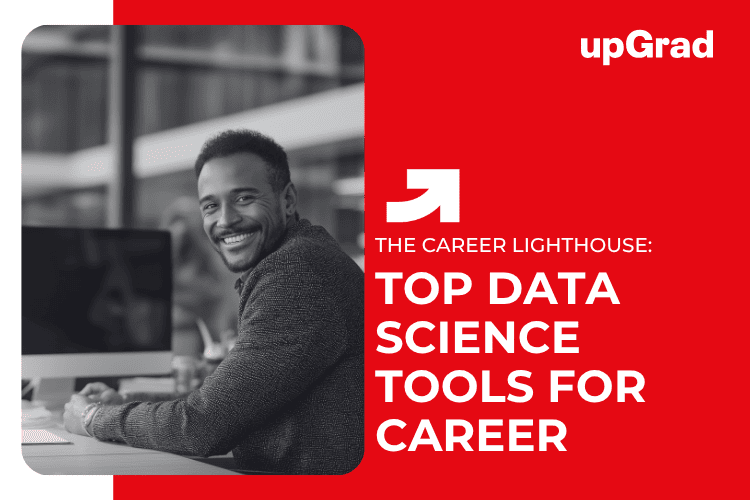Singapore is set to witness a sharp rise in demand for AI and data skills across various industries in 2026. The main driver of this surge is the increasing adoption of data-driven decision-making and AI. This surge will increase demand for professionals who can extract actionable insights by analysing data. The country needs to hire 1.2 million professionals with digital skills by the year’s end, highlighting the urgency of these trends.
Singapore has also taken several initiatives, with programs such as the Smart Nation Initiative to encourage digital transformation in workplaces nationwide. Right now, the need of the hour is knowledge of practical tools instead of theories and concepts of data science.
This blog will discuss the most prominent data science tools that tech professionals in Singapore need to know right now.
Source: Edstellar
Top Data Science Tools for Singapore Professionals
New data science tools are entering the market at an unprecedented pace, making it difficult to keep up, even for seasoned professionals. For newcomers, the landscape can be overwhelming. Yet, mastering these tools is crucial for anyone looking to thrive and build a successful career in data science.
| Tool | Area of Application |
| Pandas |
|
| TensorFlow |
|
| Tableau |
|
| Python |
|
| The Natural Language Toolkit |
|
Pandas
Pandas is one of the top 10 data science tools for all data scientists in Singapore. This Python library works with data sets and plays critical functions such as analysing, exploring, cleaning, and manipulating data. The tool gets its nickname from both Python Data Analysis and Panel Data. Wes McKinney created it in 2008. Its most significant benefit is that it allows professionals to analyse big data and make conclusions based on statistical theories.
TensorFlow
TensorFlow is an open-source machine learning library designed to help data developers and scientists deploy and build machine learning models more efficiently. Its data flow graph in TensorFlow shows mathematical operations as nodes and data as the edges between those nodes, making it more convenient for data scientists to carry out efficient computations on CPUs, GPUs, and other such specialised hardware.
Also Read: Statistical Tools Used in Research Methodology: A Comprehensive Guide
Tableau
Tableau is a collection of data analytics and business intelligence tools that allow users to gather data from various sources in unstructured and structured formats and then convert that data to multiple insights, such as visualisations. It is a handy tool for business analysts and data scientists as it lets them extract valuable information from raw datasets and use it for business.

Python
Out of all the dynamic coding languages that data scientists use, Python is still the best. It has the most extensive user base among all programming languages and is still used to write most data science tools. It also has the largest, fastest-growing, and most active support community in data science. It is the most commonly used dynamic language for major organisations like IBM and Google.
The Natural Language Toolkit
The Natural Language Toolkit is a comprehensive suite of tools and libraries for natural language processing using Python. It offers a wide array of functionalities for working with human language data, such as automated text preprocessing, classification, translation, and categorisation.
Also Read: Essential Python Fundamentals Every Aspiring Data Scientist Should Know
Tips for Learning Data Science Tools Efficiently
When exploring data science tools for beginners, learning quickly and efficiently is essential to build a strong foundation of knowledge and skills. This approach will help you become job-ready in the shortest time possible. To support your learning journey, here are some of the best tips to master data science tools for beginners effectively:
- Use open datasets such as those available at data.gov.sg to practice.
- Follow structured online courses such as SkillsFuture and other prominent online platforms that offer them.
- Attend meetups or join local communities such as SGInnovate and DataScience SG.
- Build a project portfolio where you demonstrate how well you have applied your data science skills.
Also Read: Best Data Science Certifications for Professionals in Singapore
Step into a Successful Data Science Career through upGrad’s Learning Path
With the data science programs through upGrad, you will learn all you need about the leading data scientist tools. These programs will help you harness the true potential of data and elevate your skills to the highest possible level.
- Master of Science in Data Science, Liverpool John Moores University
- Executive Diploma in Data Science and AI, IIIT Bangalore
- Post Graduate Certificate in Data Science & AI (Executive), IIIT Bangalore
For more information, email at query@upgrad.com or call +65-6232-6730.
Frequently Asked Questions on the Data Science Tools to Learn in Singapore
Q: What are the most important data science tools for professionals in Singapore?Ans: The most important data science tools for professionals in Singapore are:
- Pandas
- TensorFlow
- Tableau
- Python
- Matplotlib
- Scikit-learn
- R
- KNIME
- WEKA
- SAS
Q: How can I stay updated with new data science tools and technologies?
Ans: Follow tech blogs, attend webinars, join local meetups or LinkedIn groups, and continuously practice using new tools in real-world projects.
Q: What tools do data analysts and data scientists use the most in Singapore?
Ans: Data analysts and scientists in Singapore depend heavily on Python, SQL, and R, along with specialised tools like Tableau, Spark, and Power BI. These tools help them perform the following tasks with excellent efficiency:
- Data Cleaning
- Data Analysis
- Data Visualisation
- Machine Learning Tasks
Q: How do I choose the right data science tools for my career in Singapore?
Ans: When selecting the right data science tools for your career in Singapore, consider factors such as industry demands, personal interests, and specific job roles. At the same time, focus on essential skills such as Python, R, and SQL.
Q: Should I learn Python or R for data science in Singapore?
Ans: If you are a beginner in data science, you should ideally choose Python over R. Python is easier to learn, more versatile, and has a wider array of applications.




















